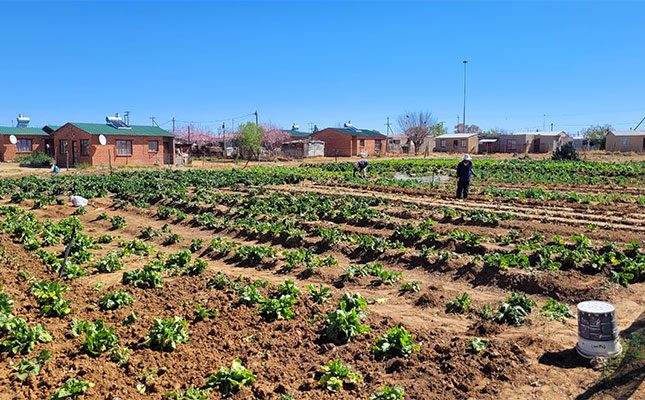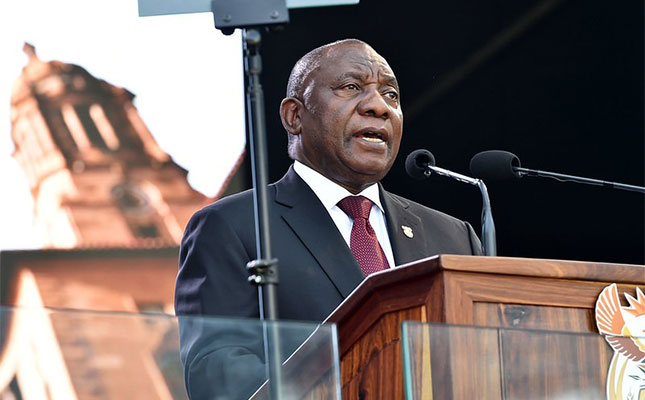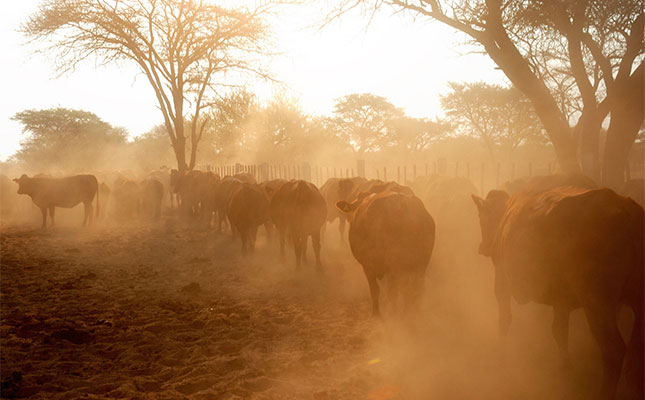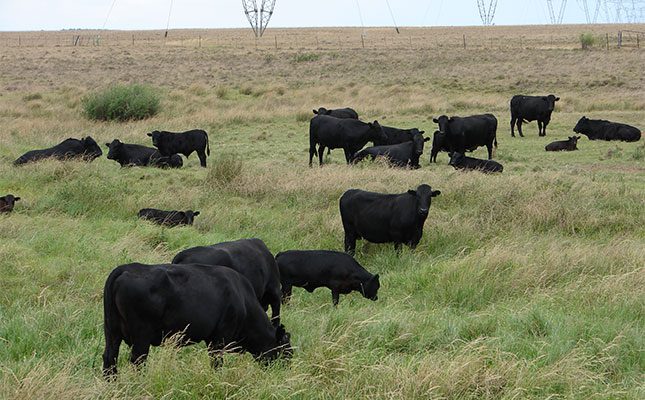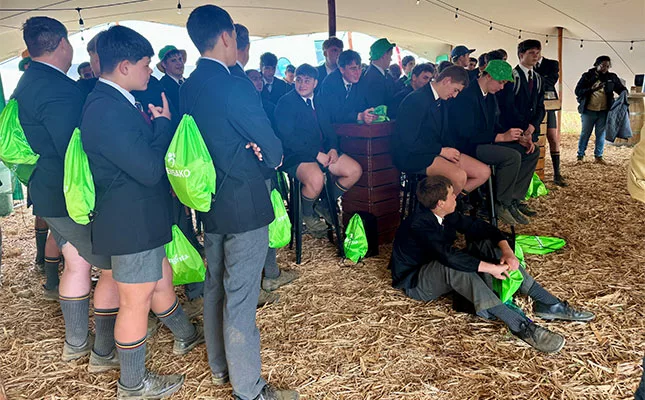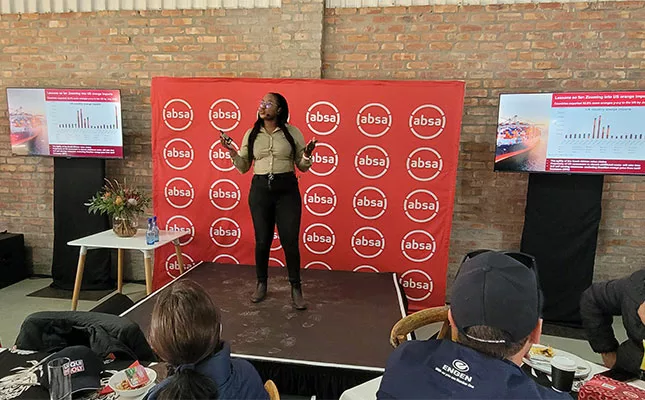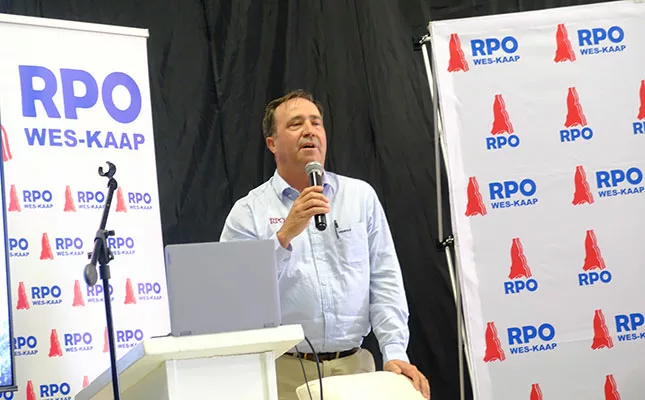
This was according to Angus Williamson, second vice-chairperson of the national Red Meat Producers’ Organisation (RPO).
Speaking at the Western Cape RPO’s annual general meeting at this year’s Nampo Cape, he said it was entirely possible to load animals onto a trailer in the KwaZulu-Natal disease management area (DMA) and transport them to Muizenberg Beach in Cape Town without any interference.
Williamson added the failure of authorities to create a market for animals from DMAs was contributing to continued breaches of animal movement regulations.
“We asked for markets for those animals in the DMAs in 2021, but nothing has happened. Now you ask how did FMD spread across the country? Because a gogo who sells two cattle every two to three months to put food on the table has no sales avenue, she loads them onto an interlink trailer in the Free State and tows them to wherever [she can] sell [them],” he said.
Williamson spoke of one farmer in the DMA who was fortunate to earn income from a lodge on his farm, but not being able to earn a living from his animals exacted a severe psychological toll.
“There are farmers who haven’t had any income since February [this year]. Many policies have been cancelled, co-operations can’t be paid, and they are struggling.
“I go to the meetings and I hear about the challenges they face purely because the ball is being dropped, and [Agriculture] Minister Steenhuisen says we, as the RPO, should stop complaining and that it’s the farmers spreading [FMD],” he added.
Williamson said Dundee was supposed to be listed in the Government Gazette as part of the KwaZulu-Natal DMA; however, it was erroneously left out, and significant numbers of cattle were traded out of that area, showing the dire financial situation of the farmers.
He added that although it could have led to outbreaks of FMD, there were fortunately no infected animals traded from there.
Noting that some recent outbreaks may have involved vaccinated animals that weren’t branded but tested positive for FMD despite being asymptomatic, Williamson said South Africa didn’t have access to tests that could differentiate between vaccination and infection.
“When you speak to the police about the requirements that an animal health declaration must accompany any livestock being transported, they say they don’t have that information,” he added.
According to Williamson, the chairperson of the KwaZulu-Natal Stock Theft Prevention Forum, Freddie van Tonder, had even contacted as many police stations as he could to provide them with the protocols for stopping livestock, but it was still not done.
He said the way to combat the disease in feedlots was to vaccinate animals on arrival, incorporating it into the 28-day quarantine period, but Onderstepoort could only manufacture 200 000 doses per year, which was barely enough to cover one feedlot.
He added that for farmers to ensure FMD stayed off their farms, it was crucial to ensure biosecurity among their staff.
Get trusted farming news from Farmers Weekly in Google Top Stories.
➕ Add Farmers Weekly to Google ✔ Takes 10 seconds · ✔ Remove anytime
